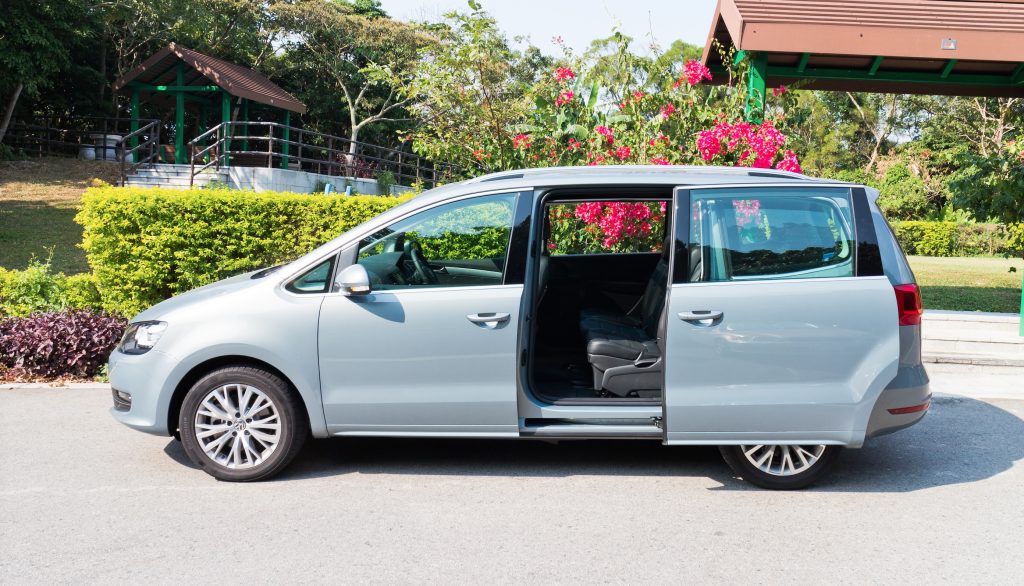
Are you looking for information regarding your Volkswagen Sharan shaking when stopped? You’ve come to the right place to learn about the common causes and potential solutions for this frustrating issue.
Many Volkswagen Sharan owners may experience shaking or vibration while their vehicle is stopped, particularly in gear. This can be both uncomfortable and concerning, and seeking ways to address this problem is essential to ensure a smooth and enjoyable driving experience.
The good news is that if your van is shaking when stopped, it rules a lot out and leaves engine-related problems.
Various factors can contribute to the shaking of your Volkswagen Sharan when stopped. Some of the most common causes include misfiring cylinders, bad motor mounts, and engine damage.
Key Takeaways
- Misfiring is the number one reason why a Volkswagen Sharan shakes when stopped.
- If the check engine light is on, start your diagnosis by pulling the diagnostic trouble codes (DTC’s). They can make the diagnosis a lot easier.
- If no trouble codes are present, check the fuel pressure and verify the motor mounts are OK.
Reasons Why Your Sharan Shakes When Stopped
There are various causes for vehicle vibrations, particularly when your Volkswagen Sharan is stopped. Some of the common reasons include:
Misfiring
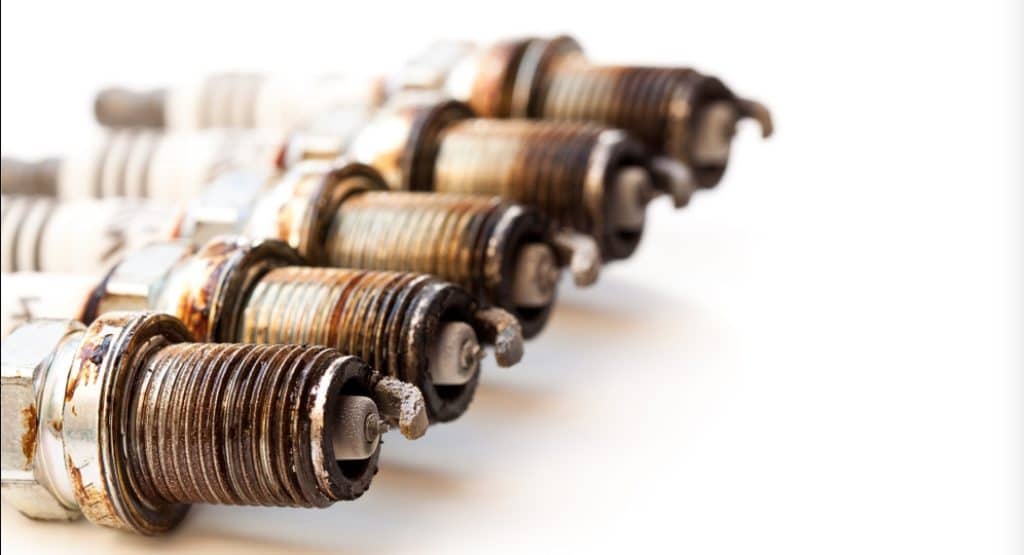
Engine misfiring is the number one reason why your Sharan would be shaking when stopped. The most common cause is worn spark plugs, followed by faulty coil packs.
You may see the check engine light on and codes P0300 or P030X (where the X represents the misfiring cylinder number.
Motor Mounts
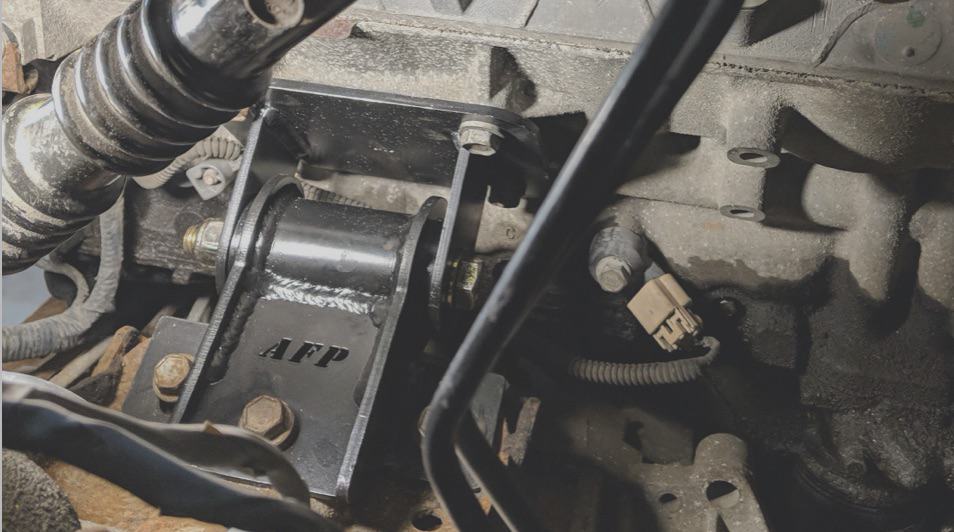
The engine mounts are designed to absorb and reduce vibrations from the engine. If they become worn or broken, excessive vibrations can be felt while the vehicle is stopped.
Vacuum Leak
A vacuum leak can cause the air/fuel mixture to become too lean, leading to misfires and shaking.
Fuel System Issues
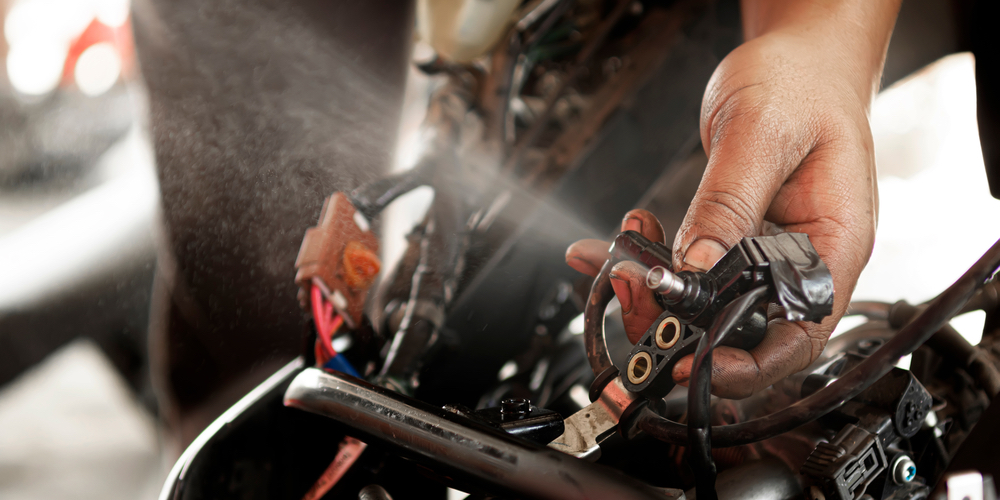
- Clogged or dirty fuel injectors: When the fuel injectors become clogged or dirty, they can’t deliver the fuel properly, causing your Sharan’s engine to misfire and shake.
- Low fuel pressure: If the fuel pressure is too low, the engine won’t get enough fuel, causing misfires and shaking.
- Faulty fuel pump: The fuel pump is responsible for delivering fuel to the engine. If it fails, the engine may misfire and shake.
Sensor Issues
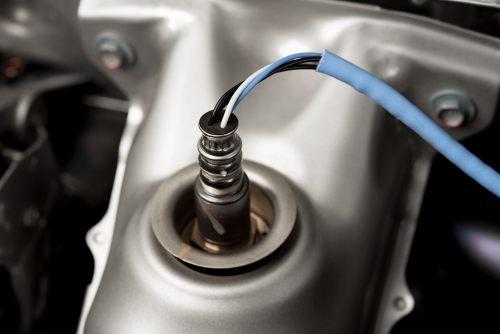
- Faulty oxygen sensor: The oxygen sensors are responsible for monitoring your Sharan’s air/fuel ratio. If one fails, the engine may run too lean or too rich, causing misfires and shaking.
- Malfunctioning mass airflow sensor: The mass airflow sensor measures the amount of air entering the engine. If it fails, the engine won’t get the right amount of air, leading to misfires and shaking.
- Faulty crankshaft position sensor: The crankshaft position sensor tells the engine control module when to fire the spark plugs. If it fails, the engine may misfire and shake.
- Faulty EGR valve: The Sharan’s EGR valve recirculates exhaust gas back into the engine to reduce emissions. If it fails, the engine may misfire and shake.
Engine Problems
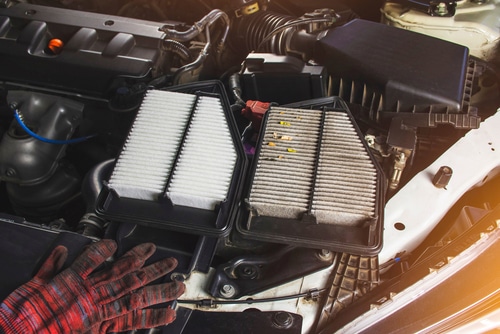
- Damaged or worn out timing belt or chain: The timing belt or chain keeps the engine’s valves and pistons in sync. If it fails, the engine may misfire and shake.
- Engine overheating: If the engine overheats, it can cause damage to the spark plugs, ignition coils, and other components, leading to misfires and shaking.
- Low compression in one or more cylinders: If one or more cylinders have low compression, the engine may misfire and shake.
- Dirty air filter: A dirty air filter can restrict the airflow to the Volkswagen Sharan’s engine, causing misfires and shaking.
- Carbon buildup on valves or pistons: Carbon buildup can cause the engine to misfire and shake by interfering with the combustion process.
Diving into Volkswagen Sharan’s Problem
Identifying Sharan’s Shaking Patterns
As a Volkswagen Sharan owner, you might have noticed some shaking or vibrations when your van is stopped. It is essential to identify the patterns of this shaking issue, as it could indicate a potential problem that needs addressing. Here are some common scenarios where you could experience shaking in your Sharan:
- When idling at a stoplight
- Shaking while braking to a stop
- Shaking when stopped and the air conditioner is running
Take note of when and where you experience the shaking, as it will help in determining the possible causes and solutions.
Maintenance Tips to Prevent Shaking When Stopped
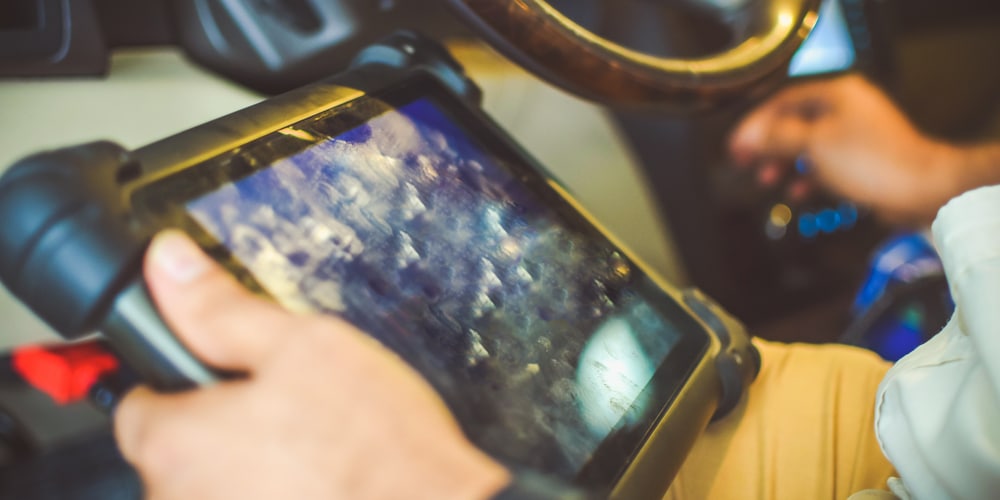
Regularly Scheduled Check-ups
As an owner of a Volkswagen Sharan, it’s important to keep your vehicle in good shape. One way to prevent excessive vibration or shaking when stopped is by regularly scheduling check-ups with your local mechanic.
They can identify issues before they become bigger problems. Routine maintenance such as oil changes, tire rotations, and brake checks should be part of your vehicle’s care regimen. This will help ensure that your Sharan performs optimally and remains safe on the road.
Importance of Servicing Spark Plugs and Air Filters
To keep your Sharan running smoothly, pay attention to the servicing of spark plugs and air filters. Worn or dirty spark plugs can cause your engine to misfire, which may result in shaking when stopped.
Cleaning or replacing the air filter is also essential, as a clogged filter can negatively impact engine performance and lead to excess vibration.
The Role of Good Quality Fuel
Using high-quality fuel in your Volkswagen Sharan can help reduce shaking when stopped. Low-quality fuel may contain contaminants that can harm engine performance and lead to vibrations.
Look for trusted fuel brands that ensure proper combustion in the engine to promote better performance.
In summary, here’s what you can do to prevent shaking in your Sharan:
- Stick to a regular vehicle check-up schedule
- Service spark plugs and air filters as needed
- Use good quality fuel from trusted brands
By following these maintenance tips, you can help minimize vibrations and shaking in your Volkswagen Sharan, ensuring a smoother and safer driving experience.
Shaking When Coming to a Stop
If your Sharan is shaking while coming to a stop, it indicates that there is likely an issue with the brakes. Here’s more on that:

